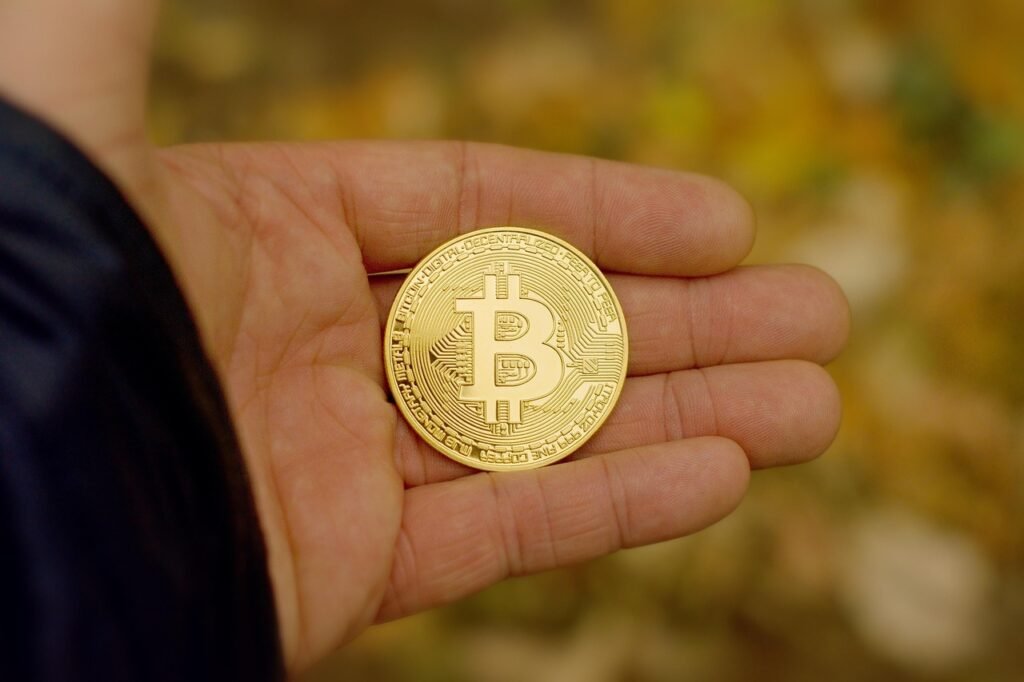
Social networks have become central to modern life, shaping how people communicate, share ideas, and build communities. However, traditional social platforms operate under centralized control, leaving users with limited privacy, no ownership over their data, and often little say in content moderation or monetization. Enter decentralized social networks powered by blockchain and cryptocurrencies—a model that promises to redefine social media by returning control and value directly to the users, with platforms like Aivora Trade leading the way.
Centralized Social Media: Challenges and Limitations
Popular social media platforms have thrived for over a decade, but their centralized nature creates several systemic issues. Platforms collect massive amounts of personal data, which is often monetized through targeted advertising. Users generate the content that fuels these platforms, yet they typically receive little or no financial reward for their contributions. Content moderation is another contentious issue. Centralized control means a handful of companies decide what content is acceptable, which can lead to censorship, inconsistent enforcement of policies, and algorithmic biases. Moreover, platform outages, policy changes, or even account suspensions can significantly impact users who have no recourse. These limitations have led to a growing demand for alternatives where data sovereignty, transparency, and equitable monetization are prioritized.
How Crypto Powers Decentralized Social Networks
Cryptocurrencies and blockchain technology provide the foundation for decentralized social networks (DeSo). Unlike traditional platforms, decentralized networks distribute control across multiple nodes, eliminating a single point of authority. Users own their data and can interact directly without intermediaries.
Crypto integration enhances these networks in several key ways:
1. Incentivizing Content Creation
Tokens can serve as digital rewards for users who contribute content, engage with posts, or participate in community activities. Unlike traditional platforms, where engagement primarily benefits the platform, tokenized social networks reward users directly. This mechanism encourages higher-quality content and fosters more active communities. For example, a user might receive tokens for writing a well-received post, curating content, or even helping moderate discussions. These tokens can often be exchanged for other cryptocurrencies, used to access premium features, or traded on secondary markets, creating a tangible economic incentive for participation.
2. Transparent Governance and Moderation
Blockchain allows decentralized networks to implement transparent governance models. Token holders can vote on platform policies, content moderation rules, or feature development. This ensures that the community, rather than a centralized entity, guides the platform’s evolution. Such governance models also mitigate concerns over arbitrary censorship. Rules are encoded in smart contracts and applied consistently, providing predictable and fair outcomes. Users gain confidence that their participation and content are protected under an impartial system.
In decentralized social networks, users retain control over their personal data. Blockchain’s immutable ledger ensures that information cannot be altered or deleted without user consent. Furthermore, advanced cryptographic techniques can allow selective sharing of data, maintaining privacy while enabling verified interactions. This approach contrasts sharply with traditional networks, where data is harvested, aggregated, and often sold to advertisers without meaningful user control.
Real-World Examples of Crypto-Driven Social Networks
Several projects are actively exploring or already implementing decentralized social networks:
- Mastodon: While not strictly crypto-based, Mastodon operates on a federated model where independent servers interconnect, giving users more control. Some Mastodon forks are exploring token integration for incentivization.
- Steemit: One of the earliest examples, Steemit rewards users with cryptocurrency for creating and curating content. Users earn STEEM tokens based on the popularity of their contributions.
- Lens Protocol: Built on blockchain, Lens allows users to own social profiles, post content, and monetize interactions through crypto rewards. Profiles are portable, meaning users can maintain their social identity across multiple applications.
- BitClout / DeSo: A platform designed to tokenize social interactions, allowing users to invest in creators via creator coins. This introduces a financial dimension to social influence and content creation.
Opportunities for Creators and Communities
Decentralized social networks powered by crypto present new opportunities for creators. Artists, writers, and influencers can monetize their work without intermediaries taking a large cut of revenue. Direct tipping, subscription-based content, and tokenized community memberships allow creators to build sustainable income streams while fostering tighter community engagement. Communities themselves benefit from this model. Governance tokens can empower members to shape group rules, fund community projects, and incentivize positive contributions. In essence, the network becomes a cooperative ecosystem where value circulates among those who participate rather than being siphoned off by centralized corporations.
Challenges and Considerations
While the potential of crypto in social networks is significant, adoption faces several challenges:
- User Experience: Blockchain and crypto concepts remain complex for the average user. Wallet management, token transactions, and understanding smart contracts can present steep learning curves. Simplifying these processes is essential for mass adoption.
- Scalability: Blockchain networks must handle large volumes of transactions efficiently to support real-time interactions on social platforms. Solutions like layer-2 scaling, sidechains, and proof-of-stake mechanisms are being explored.
- Regulatory Uncertainty: The legal landscape around cryptocurrencies and tokenized platforms is still evolving. Compliance with anti-money laundering (AML) laws, taxation, and securities regulations must be addressed carefully.
- Content Moderation: Decentralized governance can improve fairness but may also slow decision-making and complicate enforcement of community standards, especially in large networks.
Despite these hurdles, ongoing innovation and increased user awareness are gradually overcoming adoption barriers.
The Future of Social Media
The integration of crypto into decentralized social networks signals a shift toward a more equitable, transparent, and user-centric online environment. Users gain ownership of data and content, creators receive fair compensation, and communities participate in governance decisions. As blockchain technology matures, these networks may offer a compelling alternative to traditional social media platforms, reshaping how we communicate, share, and engage online. Crypto-driven social networks could also expand beyond social interaction, integrating e-commerce, virtual events, digital art marketplaces, and educational content, creating fully tokenized ecosystems. This evolution has the potential to empower individuals while reducing the dominance of centralized social media giants. Decentralized networks are still in their early stages, but their trajectory suggests that the social media of the future could be more democratic, financially rewarding, and privacy-focused, fulfilling the original promise of the internet as a space for free and open exchange of ideas.











